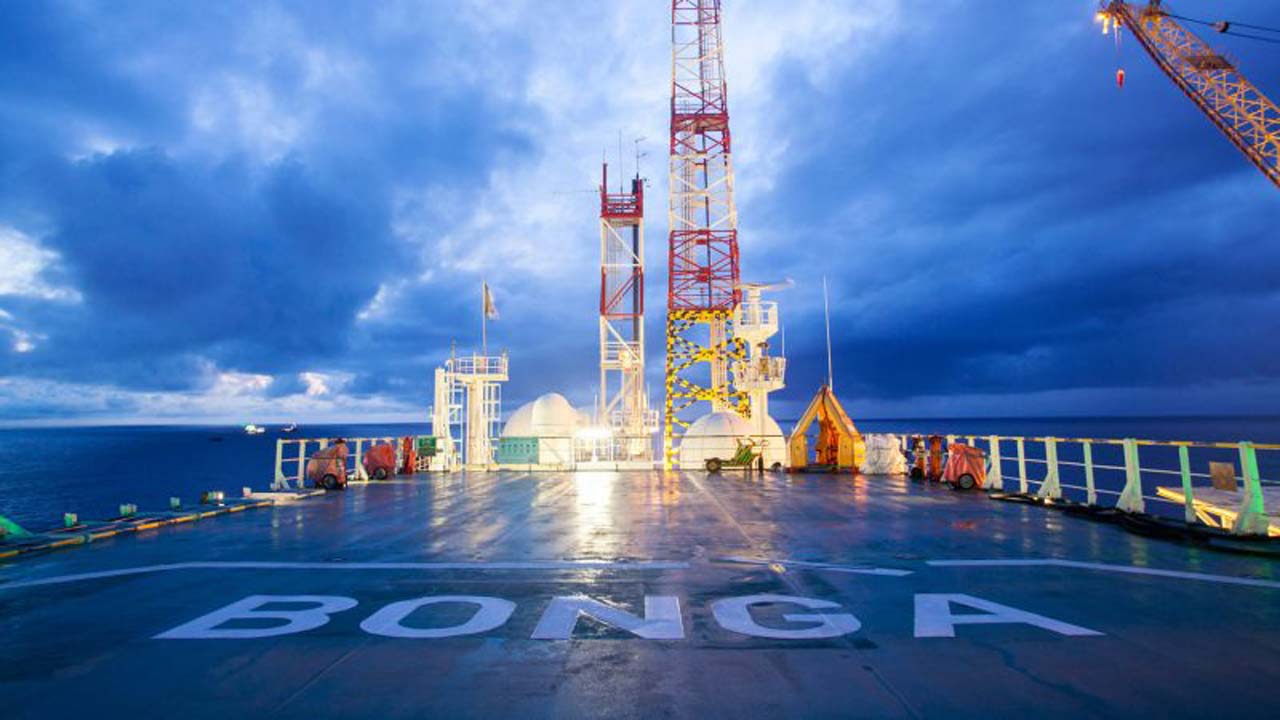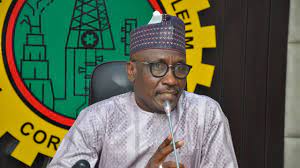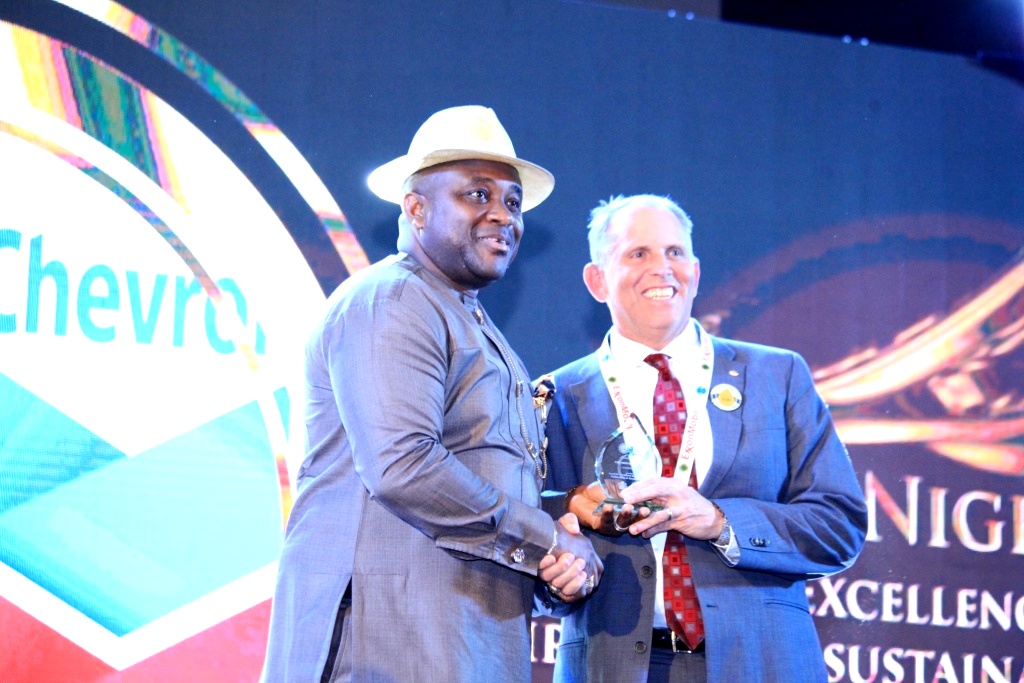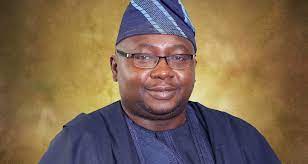As the 2018 Society of Petroleum Engineers (SPE) conference kicks off today in Lagos, there are strong indications the ongoing delays in the final investment decisions on seven offshore deepwater oilfield projects in the country.
Before now, industry experts say the observed delay poses a threat to the country’s target of 40 billion barrels of crude oil reserves by 2020, our correspondent has learnt.
Business Hilights recalls that Nigeria’s crude oil reserves fell to 36.74 billion barrels in 2016 from 37.06 billion barrels in 2015 and 37.45 billion barrels in 2014, according to the Department of Petroleum Resources.
Taking the minds of Nigerian far back to 2010, it would be recalled that the Federal Government had then, set the target of 40 billion barrels of crude oil reserves and a production of four million barrels per day by 2020.
However, feelers coming from the hierarchy and leaders of the sector show that chances of meeting the target remain slim as final discussion on deepwater schemes continue to be delayed.
Only penultimate Tuesday, the Managing Director, Shell Nigeria Exploration and Production Company, Bayo Ojulari, said on Tuesday that Royal Dutch Shell and its partners would decide next year on whether to go ahead with the development of Nigeria’s Bonga South-West offshore oilfield.
Reuters quoted him as saying that Shell was negotiating a production sharing contract with the Nigerian government, which would determine the viability of the project.
“A time frame for the FID will be announced after the conclusion of commercial discussions with [the Nigerian] government. The discussions are ongoing and may be concluded soon,” Ojulari was quoted by S&P Global Platts as saying in a company statement.
Business Hilights gathered that developing Bonga South-West was billed to cost $10bn, according to the NNPC estimates.
Currently, the bulk of Bonga South-West’s resources are located in an area referred to as Oil Mining Lease 118 but it also extends into the OMLs 132 and 140, areas operated by Chevron, where the field is called Aparo.
Other partners in the project are France’s Total, Italy’s Eni and South Africa’s Sasol Petroleum.
Only last year, the Group Managing Director, Nigerian National Petroleum Corporation (NNPC), Dr Maikanti Baru, said to achieve the target, the country would need an increment of at least one billion barrels in reserves year-on-year up until 2020 and a half of a million barrels in incremental production capacity per day within the same time frame.
Explaining more on the issues, leading petroleum engineer and industry analyst, Dr Bala Zakka expressed concerns about the delayed deepwater projects, saying international oil companies (IOCs) would continue to invest in the nation’s oil and gas industry if the investment climate was good.
According to him, “Practically, once there is a delay in what we call drilling or exploration campaign, the ability to build reserves will also be affected because when you embark on exploration campaign, the essence is to build up reserves.
“So, the moment there is a delay or suspension of exploration activities, it will be difficult to increase reserves, which are not good for the country because the volume of reserves you have also play a role in the kind of production quota that would be allocated to the country by the Organisation of Petroleum Exporting Countries.”
He argued that passage of the remaining will grow foreign direct investment and further resolve all the issues hobbling the existing Production Sharing Contracts.
Currently, schemes running without FID are Shell’s Bonga South-West and Aparo (225,000bpd) and Bonga North (100,000bpd), Eni’s Zabazaba-Etan (120,000bpd), Chevron’s Nsiko (100,000bpd) and ExxonMobil’s Bosi (140,000bpd), Satellite Field Development Phase 2 (80,000bpd) and Uge (110,000bpd).
The 125,000-bpd Usan deepwater field started production in February 2012, and since then, no major oil field has come on stream in the country.
Others include the 40,000-bpd Bonga North-West field and 50,000-bpd.Bonga Phase 3 project, which are extensions of Shell’s Bonga deepwater field, came online in August 2014 and September 2015. ExxonMobil’s Erha North Phase 2 project started production in October 2015
Also on the table is the Total’s $16bn Egina deepwater oilfield project, whose Floating Production, Storage and Offloading (FPSO) vessel had completed its integration in Lagos and is in Port Harcourt for the final configuration ahead of heading to the Egina high sea.









